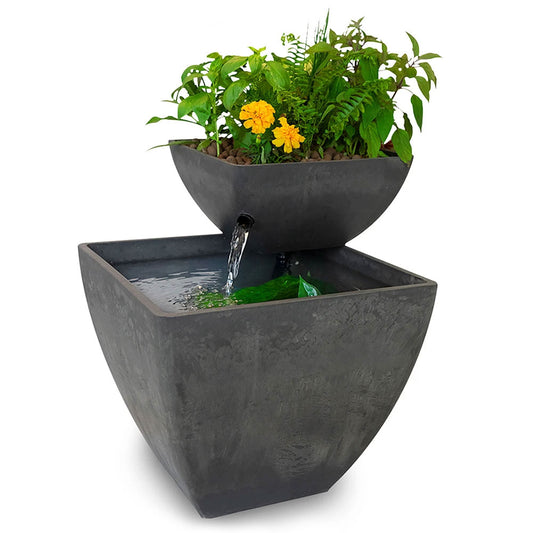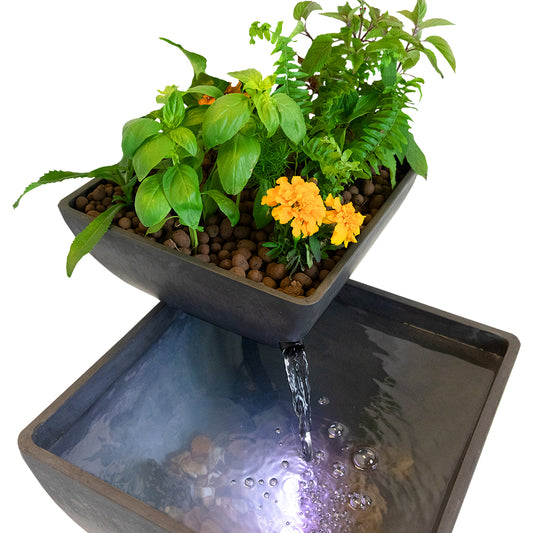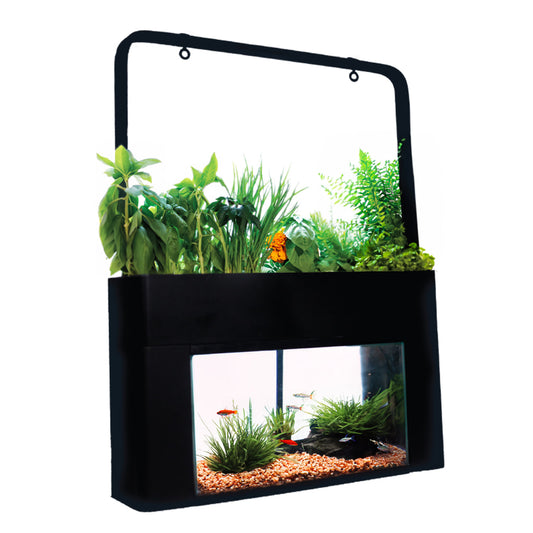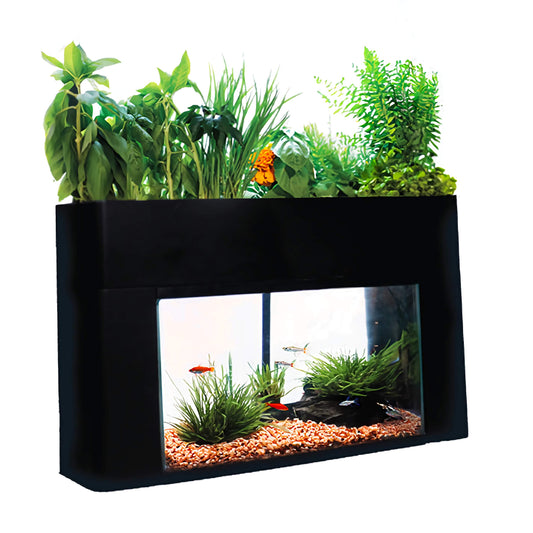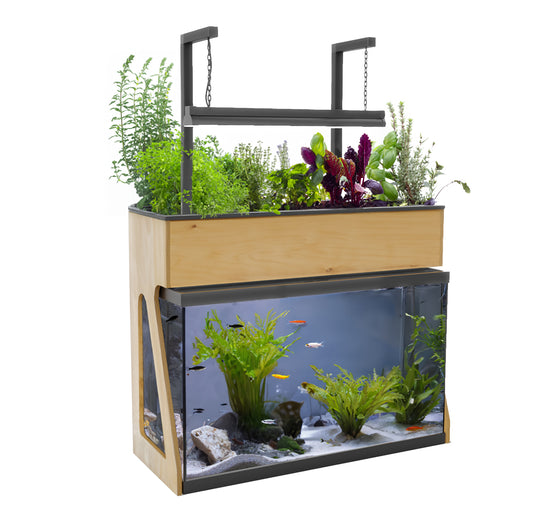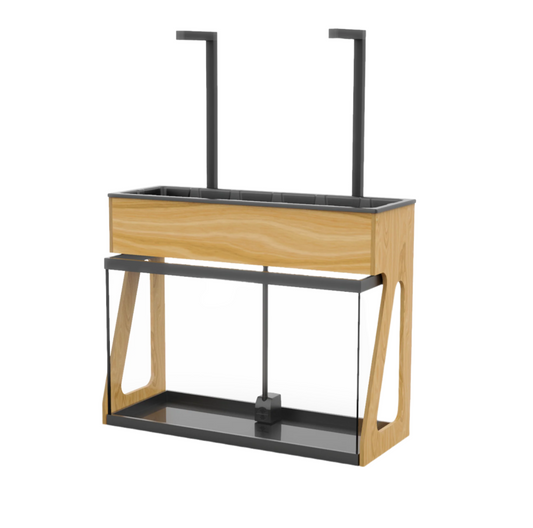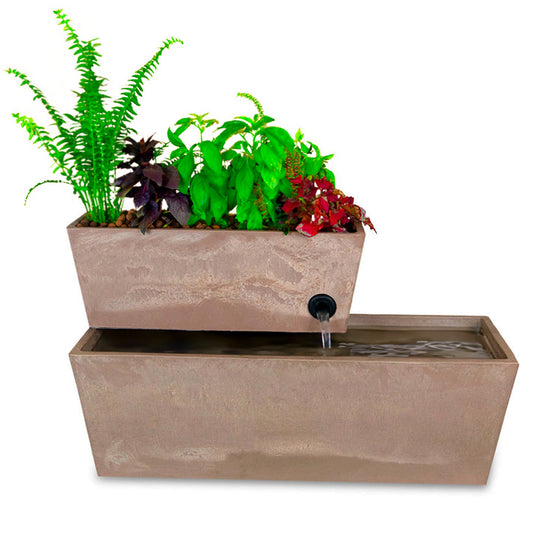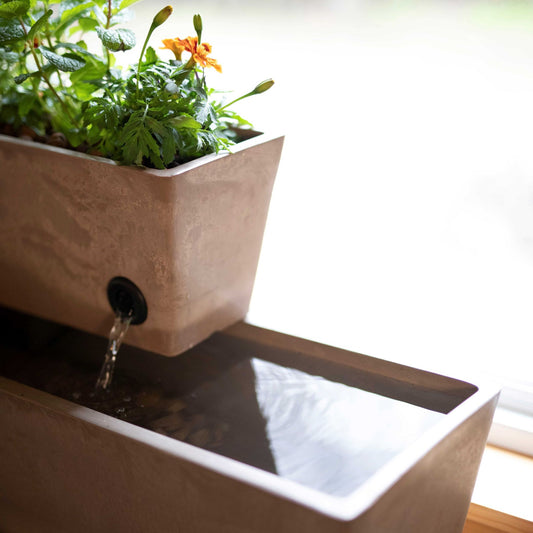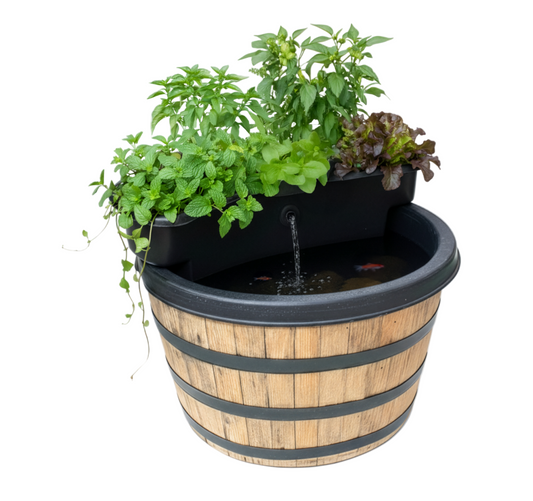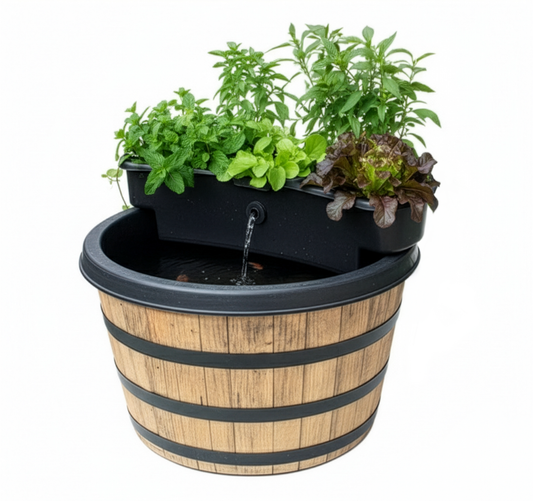Natural Swimming Pools: A Step Towards Sustainable Living with Aquaponics
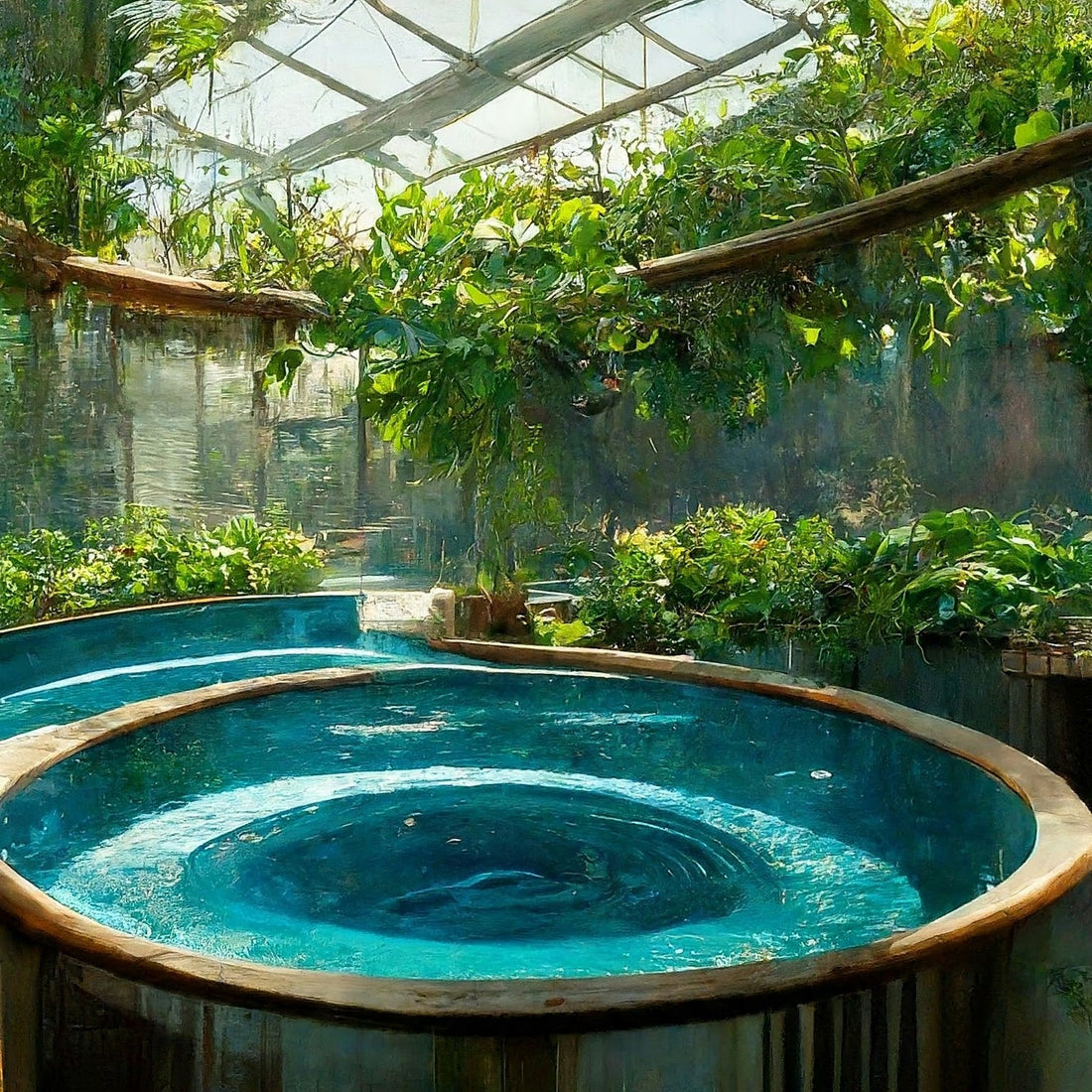
The concept of natural swimming pools/ponds and aquaponics may seem unrelated at first glance, but when we delve deeper, the symbiotic relationship between these two green initiatives becomes clear. Natural swimming pools, designed to mimic the beauty and functionality of nature, create an oasis in your backyard that eliminates the need for harsh chemicals. Channeling this natural ideology, we find a counterpart in the world of sustainable farming – aquaponics. Both epitomize the philosophy of working with nature, not against it, to create sustainable, eco-friendly solutions.
swimming pools/ponds and aquaponics may seem unrelated at first glance, but when we delve deeper, the symbiotic relationship between these two green initiatives becomes clear. Natural swimming pools, designed to mimic the beauty and functionality of nature, create an oasis in your backyard that eliminates the need for harsh chemicals. Channeling this natural ideology, we find a counterpart in the world of sustainable farming – aquaponics. Both epitomize the philosophy of working with nature, not against it, to create sustainable, eco-friendly solutions.
Natural swimming pools or ponds (NSPs) are a fantastic innovation, bringing together aesthetics and eco-friendliness. These swimming pools, unlike traditional ones, do not require chlorine or other chemical disinfectants. Instead, they rely on a natural ecosystem to keep the water clean, clear, and safe for swimming. NSPs consist of a constructed swimming area and a regeneration zone filled with specific aquatic plants that act as natural filters to cleanse the water. This natural bioremediation process makes NSPs a perfect blend of beauty, recreation, and sustainability.
So, can we bridge these two concepts? Absolutely. The regeneration zone of a natural swimming pool can also serve as a space for aquaponics. This zone, already rich in nutrients from the microbial activity, can be used to grow a variety of plants, including leafy greens, herbs, and even fruits.
Creating an aquaponic natural swimming pool can be an exciting project that combines the joy of swimming in a natural, chemical-free environment, with the satisfaction of growing your food sustainably. The primary challenge lies in balancing the needs of the fish, plants, and the swimmers. However, with careful planning and the correct choice of plants and fish species, this can be achieved successfully.
The benefits of integrating natural swimming pools and aquaponics are numerous. Firstly, you can grow a range of edible plants and raise fish for consumption, reducing your dependency on commercially-grown produce. Secondly, it offers a chemical-free swimming experience, reducing exposure to harmful substances. Lastly, it creates a rich, diverse ecosystem right in your backyard, attracting beneficial wildlife and promoting biodiversity.
Sustainable living is no longer a distant dream, but a necessary response to our changing world. By integrating aquaponics with natural swimming pools, we can contribute to the environment while enjoying the fruits of our labor. Remember, every drop of water saved, and every plant grown sustainably, brings us one step closer to a greener, healthier world.
In the end, whether it’s an aquaponic system or a natural swimming pool, the principle remains – to reflect nature’s wisdom in our backyard. With a balanced ecosystem, we can sustain healthy growth, circulate cleaner water, and enjoy a rejuvenating dip, making a splash towards a more sustainable lifestyle.
 swimming pools/ponds and aquaponics may seem unrelated at first glance, but when we delve deeper, the symbiotic relationship between these two green initiatives becomes clear. Natural swimming pools, designed to mimic the beauty and functionality of nature, create an oasis in your backyard that eliminates the need for harsh chemicals. Channeling this natural ideology, we find a counterpart in the world of sustainable farming – aquaponics. Both epitomize the philosophy of working with nature, not against it, to create sustainable, eco-friendly solutions.
swimming pools/ponds and aquaponics may seem unrelated at first glance, but when we delve deeper, the symbiotic relationship between these two green initiatives becomes clear. Natural swimming pools, designed to mimic the beauty and functionality of nature, create an oasis in your backyard that eliminates the need for harsh chemicals. Channeling this natural ideology, we find a counterpart in the world of sustainable farming – aquaponics. Both epitomize the philosophy of working with nature, not against it, to create sustainable, eco-friendly solutions. Natural swimming pools or ponds (NSPs) are a fantastic innovation, bringing together aesthetics and eco-friendliness. These swimming pools, unlike traditional ones, do not require chlorine or other chemical disinfectants. Instead, they rely on a natural ecosystem to keep the water clean, clear, and safe for swimming. NSPs consist of a constructed swimming area and a regeneration zone filled with specific aquatic plants that act as natural filters to cleanse the water. This natural bioremediation process makes NSPs a perfect blend of beauty, recreation, and sustainability.
The Nexus between Natural Swimming Pools and Aquaponics
Aquaponics, a sustainable method of farming that combines aquaculture (raising fish) and hydroponics (soil-less plant culture), shares a common thread with NSPs – both utilize the principle of natural ecosystems. Aquaponics mimics a natural wetland where fish and plants coexist, benefiting from each other. The fish produce waste, which acts as a nutrient source for the plants, and the plants, in turn, purify the water for the fish. This cycle mimics the natural cleansing process in NSPs.So, can we bridge these two concepts? Absolutely. The regeneration zone of a natural swimming pool can also serve as a space for aquaponics. This zone, already rich in nutrients from the microbial activity, can be used to grow a variety of plants, including leafy greens, herbs, and even fruits.
Creating an aquaponic natural swimming pool can be an exciting project that combines the joy of swimming in a natural, chemical-free environment, with the satisfaction of growing your food sustainably. The primary challenge lies in balancing the needs of the fish, plants, and the swimmers. However, with careful planning and the correct choice of plants and fish species, this can be achieved successfully.
The benefits of integrating natural swimming pools and aquaponics are numerous. Firstly, you can grow a range of edible plants and raise fish for consumption, reducing your dependency on commercially-grown produce. Secondly, it offers a chemical-free swimming experience, reducing exposure to harmful substances. Lastly, it creates a rich, diverse ecosystem right in your backyard, attracting beneficial wildlife and promoting biodiversity.
Sustainable living is no longer a distant dream, but a necessary response to our changing world. By integrating aquaponics with natural swimming pools, we can contribute to the environment while enjoying the fruits of our labor. Remember, every drop of water saved, and every plant grown sustainably, brings us one step closer to a greener, healthier world.
In the end, whether it’s an aquaponic system or a natural swimming pool, the principle remains – to reflect nature’s wisdom in our backyard. With a balanced ecosystem, we can sustain healthy growth, circulate cleaner water, and enjoy a rejuvenating dip, making a splash towards a more sustainable lifestyle.

